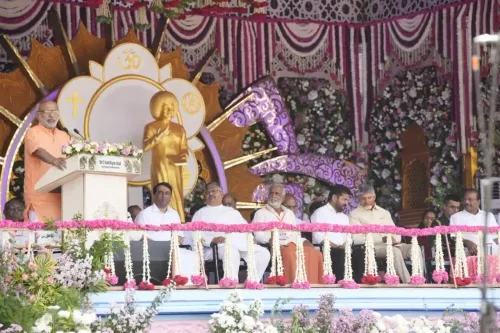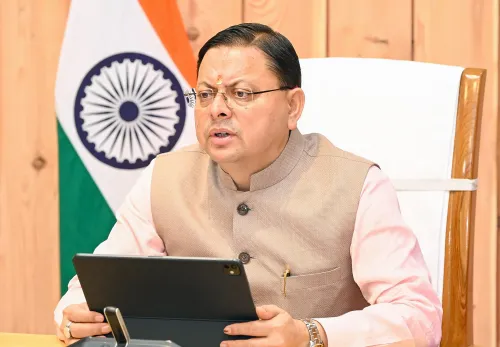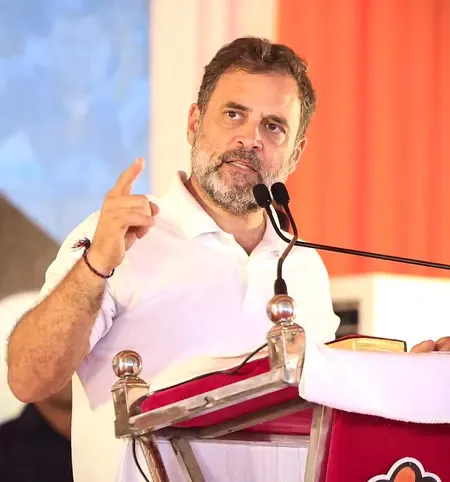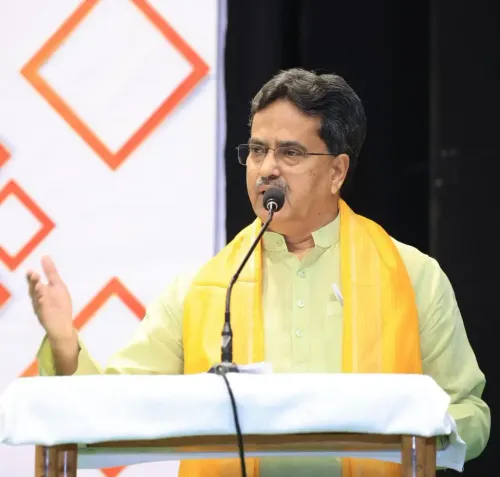Is Pakistan Desperate Enough to Write Four Letters to India About the Indus Waters Treaty?
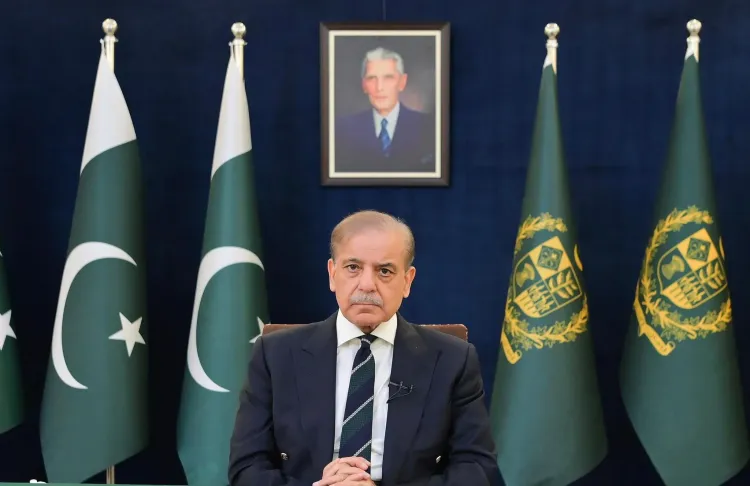
Synopsis
Key Takeaways
- Pakistan has sent four letters to India urging the reinstatement of the Indus Waters Treaty.
- The suspension of the treaty is linked to security concerns following a terrorist attack.
- The situation highlights the urgent need for dialogue between both nations.
- Pakistan's water crisis is becoming increasingly critical, affecting agriculture and energy.
- India accuses Pakistan of violating the treaty through support for terrorism.
Islamabad/New Delhi, June 6 (NationPress) - Faced with a looming water crisis that has its citizens increasingly anxious, a desperate Pakistan has reached out to India on four separate occasions, urging New Delhi to reconsider its suspension of the Indus Waters Treaty (IWT). This decision came in the wake of the tragic April 22 Pahalgam terror attack, which claimed the lives of 26 innocent civilians.
The letters, dispatched by Syed Ali Murtaza, Secretary of Pakistan’s Ministry of Water Resources, were directed to the Ministry of Jal Shakti and subsequently forwarded to the Ministry of External Affairs (MEA), as per sources. In these communications, Murtaza has implored India to reinstate the treaty.
India has emphasized, citing its national security interests, that the treaty will remain inactive until Islamabad “credibly and irrevocably” ceases its support for cross-border terrorism.
This stance was ratified by the Cabinet Committee on Security (CCS), the top strategic affairs decision-making body, right after the Pahalgam attack on April 22, marking a significant pause in the World Bank-mediated agreement.
As India initiated Operation Sindoor, Prime Minister Narendra Modi repeatedly articulated the government's firm position that “water and blood cannot flow together” and that “terror and talks cannot coexist.”
Under pressure from India's decisive operations, Pakistan's Prime Minister Shehbaz Sharif has been vocal about Islamabad's readiness to engage in peace dialogue with India to address ongoing disputes.
This call for dialogue follows numerous appeals from prominent Pakistani politicians urging the government to “defuse” the impending “water bomb” following India's suspension of the IWT.
“We face starvation if we do not address the water crisis immediately. The Indus Basin is essential for us, as three-fourths of our water is sourced externally. Nine out of ten people rely on the Indus water basin for their livelihood, and up to 90 percent of our crops depend on this water. All our power projects and dams are constructed on it. This situation is akin to a water bomb ready to explode,” stated Pakistan Senator Syed Ali Zafar during a recent Senate session.
The Indus Water Treaty, signed in 1960, regulates the distribution of water from six rivers - Indus, Jhelum, Chenab, Ravi, Beas, and Sutlej - between India and Pakistan.
India has accused Pakistan of breaching the IWT by undermining its spirit of goodwill through numerous terrorist attacks and obstructing necessary infrastructure updates for its safety.
“Despite this, India has exhibited remarkable patience and generosity... Significant changes have occurred not only regarding escalating security issues from cross-border terror but also in the growing demand for clean energy, climate change, and population shifts,” stated India's Permanent Representative P Harish while addressing Pakistan's misinformation campaign during an informal UN Security Council meeting in New York on May 24.
New Delhi has formally requested Islamabad multiple times over the past two years to discuss potential modifications to the treaty, but these attempts have been in vain.
“Pakistan has persistently obstructed any changes to this infrastructure and any permissible adjustments to the treaty provisions,” emphasized Harish, while reiterating that the treaty's foundational basis lies in goodwill and friendship, despite Pakistan having inflicted upon India three wars and countless terror attacks.

